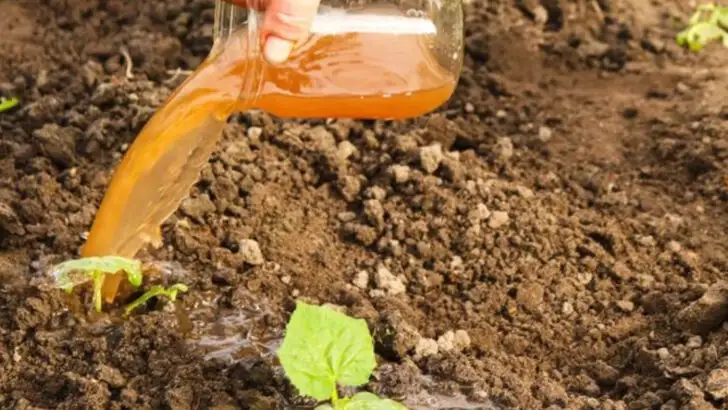We’ve all done it: added something to our soil because someone swore it was a “game-changer.” But just because it’s organic, homemade, or trending on garden blogs doesn’t mean it’s actually helping your plants. In fact, some of the most common DIY soil boosters are quietly doing the opposite.
From overused kitchen scraps to misleading mulches and outdated advice passed down like folklore, these additions can disrupt soil pH, block nutrients, or even kill off the very microbes your plants need to thrive.
Before you toss another eggshell or pour that leftover coffee into your garden bed, check this list. These are the 15 things gardeners often add with good intentions—but end up regretting later. Your soil will thank you.
Coffee Grounds
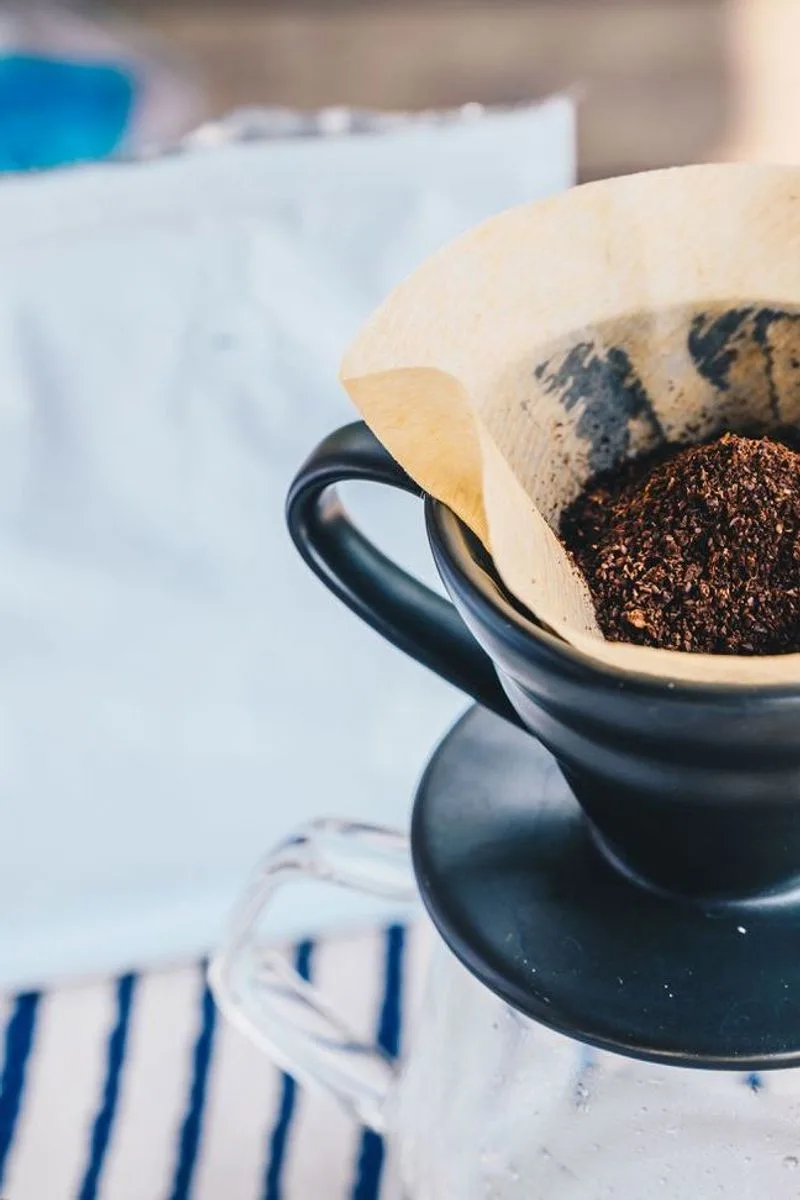
Many believe coffee grounds can enrich soil, but their acidic nature can skew soil pH. Plants like tomatoes, which favor neutral pH, might suffer. Instead of directly adding to soil, compost them to neutralize acidity. This transforms grounds into a valuable compost component. It’s a common misstep, but easy to fix with proper composting.
Wood Ash
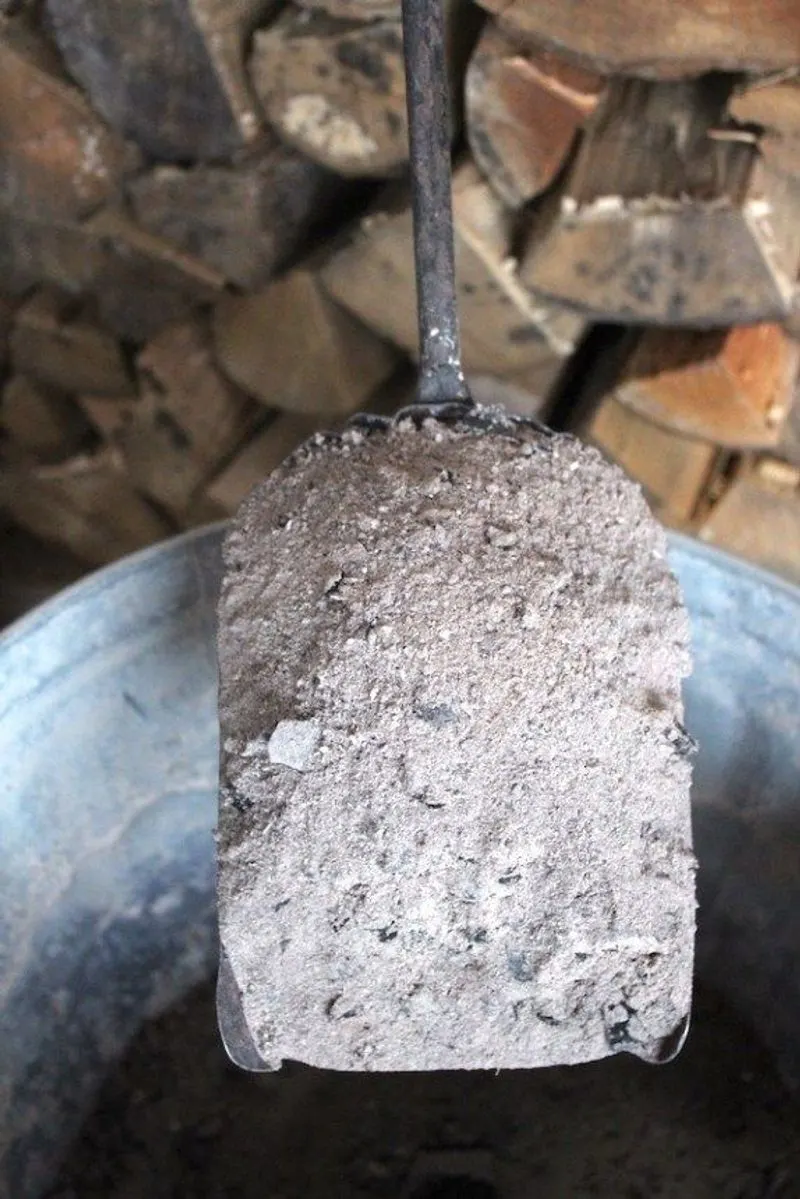
Wood ash can raise soil pH quickly, potentially harming acid-loving plants like blueberries. It’s packed with potassium, but moderation is key. Overapplication can disrupt soil balance. A little goes a long way, so test soil pH before use. Used judiciously, it benefits some plants, but too much can be a problem.
Epsom Salt
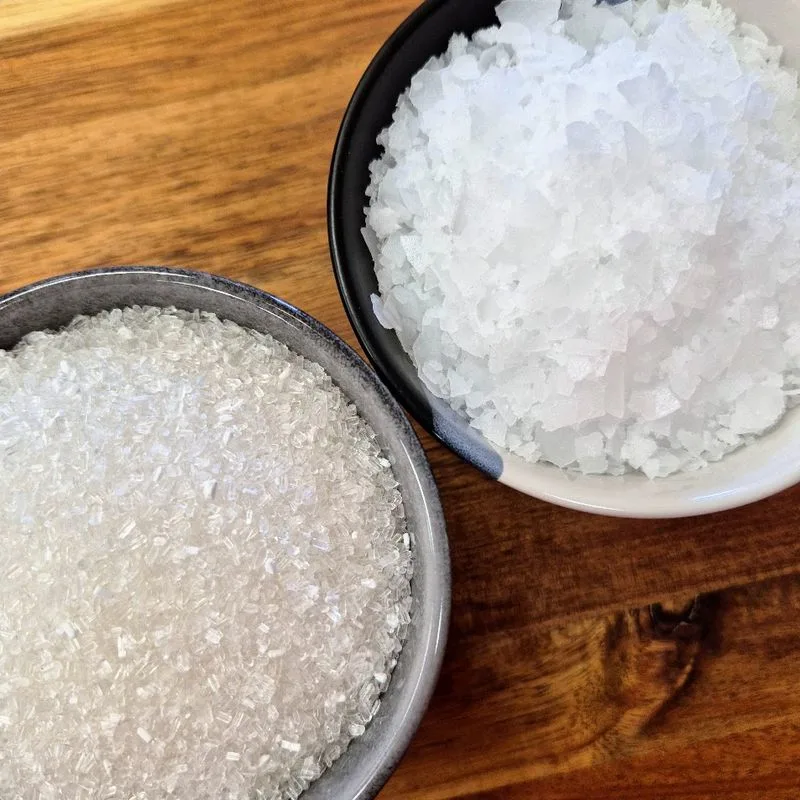
Epsom salt is often hailed for plant health, but overuse can lead to magnesium toxicity, hindering calcium absorption. This imbalance affects plant growth. Instead, use only when magnesium deficiency is confirmed through soil testing. This precaution ensures Epsom salt is a help, not a hindrance.
Eggshells
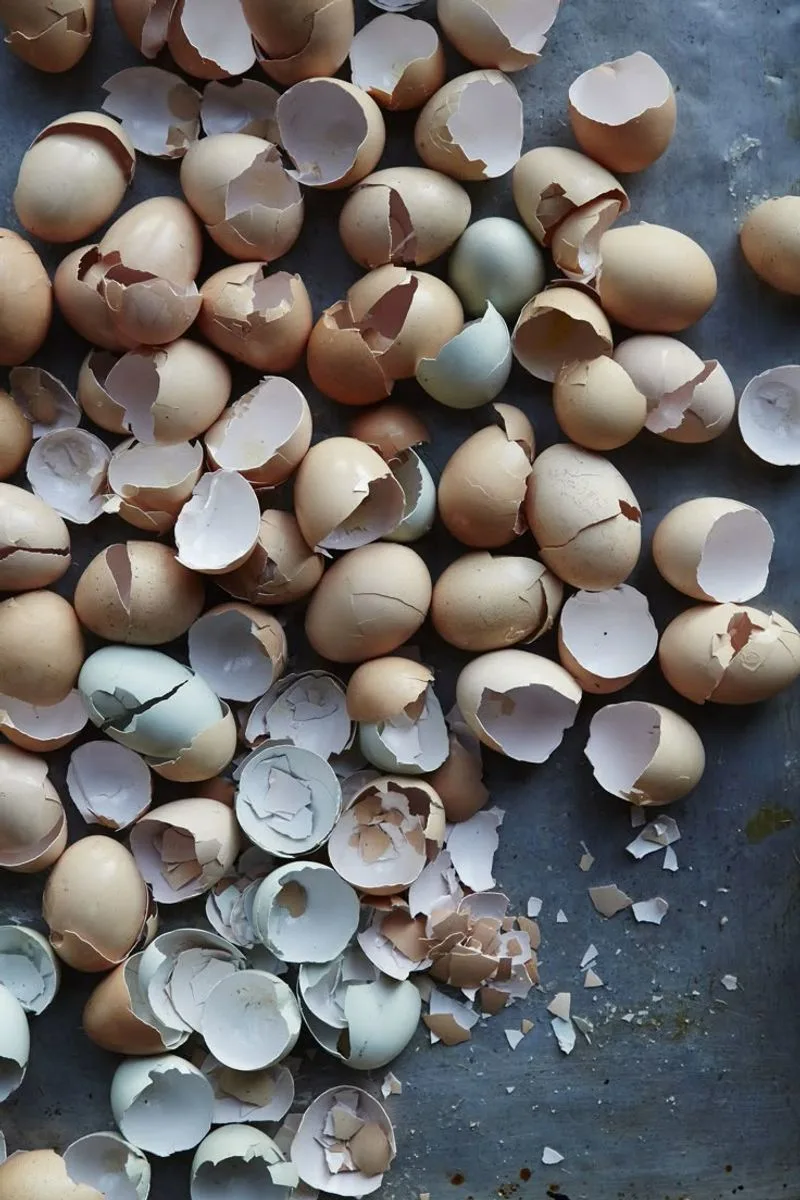
Eggshells are touted for calcium, yet their decomposition in soil is slow. Immediate nutrient benefits are minimal. Crushing them finely and adding to compost speeds up their breakdown. For quick calcium, a commercial supplement is more effective. Eggshells shine in compost, where time aids their transformation.
Compost Tea
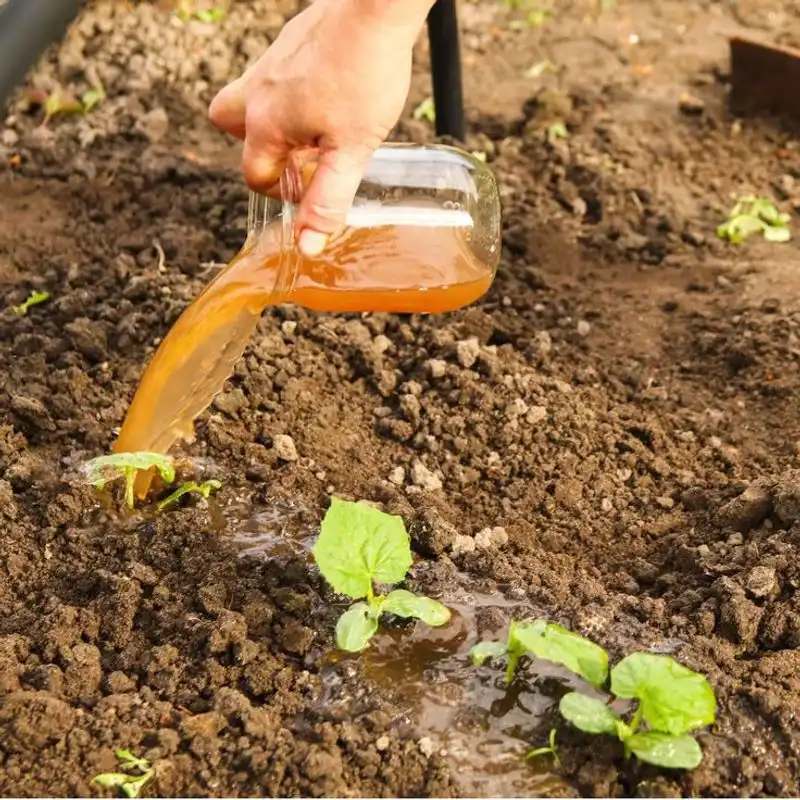
Compost tea promises a nutrient boost, but can harbor harmful pathogens if not brewed correctly. It requires careful preparation to ensure safety. Poorly made, it might do more harm than good. When prepared with care, it supplements soil well. This balance of risk and reward makes precision essential.
Banana Peels
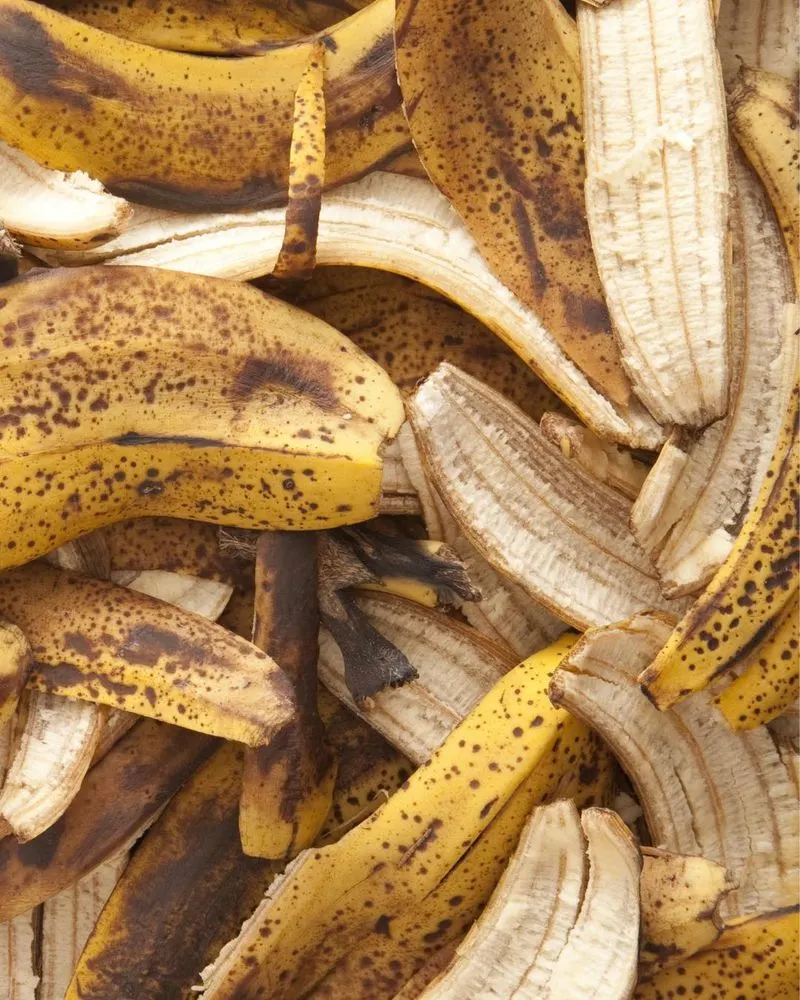
Banana peels are rich in potassium but decompose slowly. Direct addition to soil provides limited immediate nutrients. Composting them first accelerates breakdown, enhancing soil over time. Peels are valuable in compost, contributing to long-term soil improvement. Their slow pace can be a hurdle if used improperly.
Chemical Fertilizers
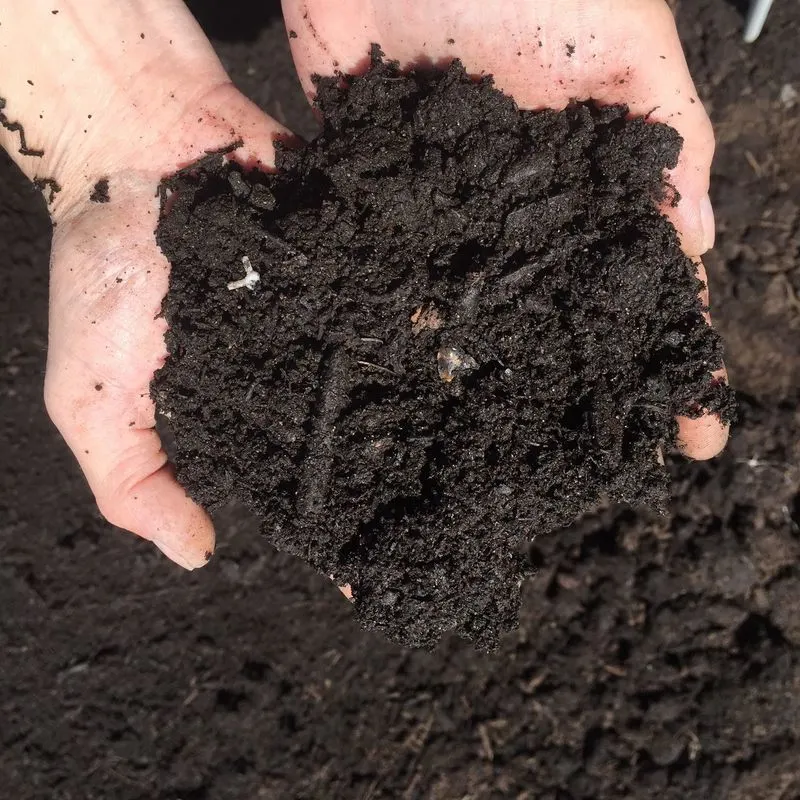
Chemical fertilizers boost growth, but overuse leads to nutrient runoff and soil degradation. They can disrupt microbial life and harm beneficial organisms. It’s crucial to apply precisely, considering soil needs. Organic alternatives might offer sustainable benefits, fostering a healthier ecosystem.
Uncomposted Manure
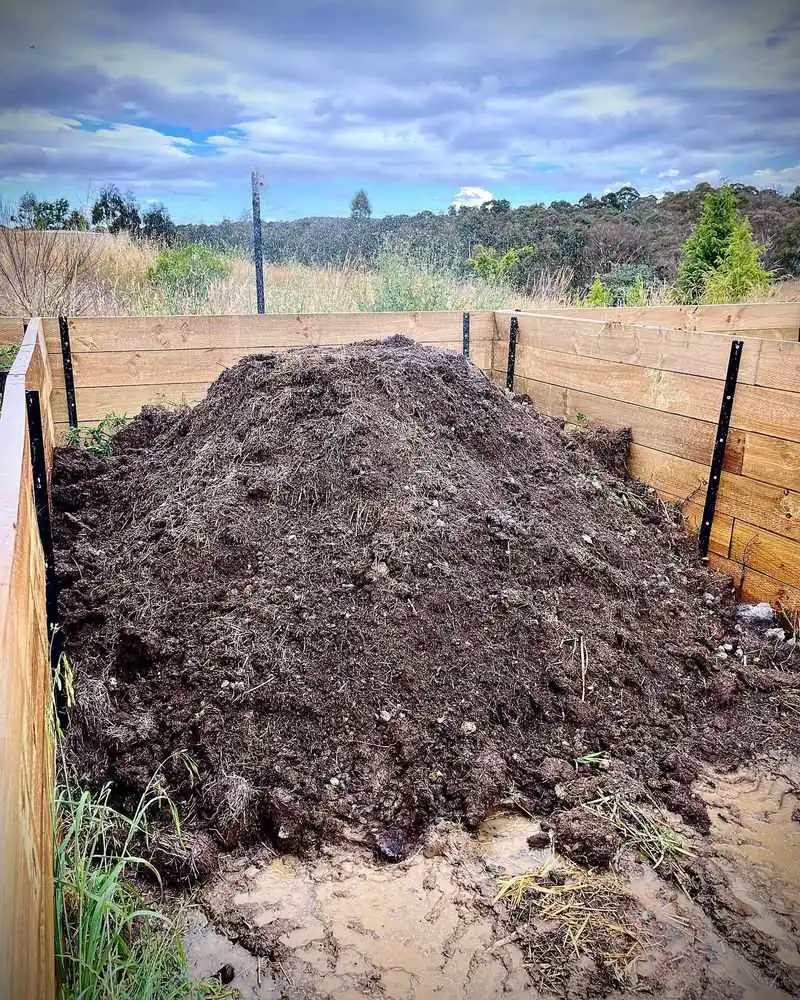
Fresh manure might seem beneficial, but it contains pathogens and weed seeds. It can burn plants due to high nitrogen content. Composting manure first eliminates these risks, creating a safer, nutrient-rich amendment. This process transforms potential problems into a garden asset.
Sawdust
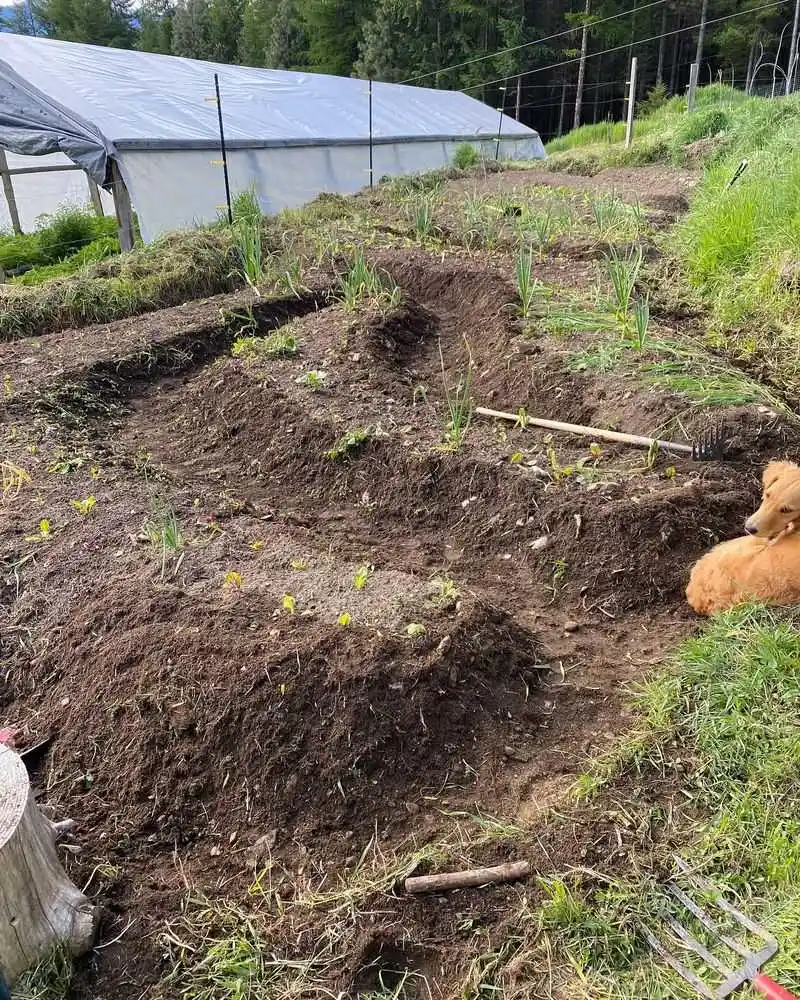
Sawdust can deplete nitrogen as it decomposes, starving plants of essential nutrients. Using it as mulch without compensating for nitrogen loss can harm plant growth. Balancing with nitrogen-rich amendments is necessary. Sawdust’s benefits are unlocked when applied with caution and knowledge.
Baking Soda
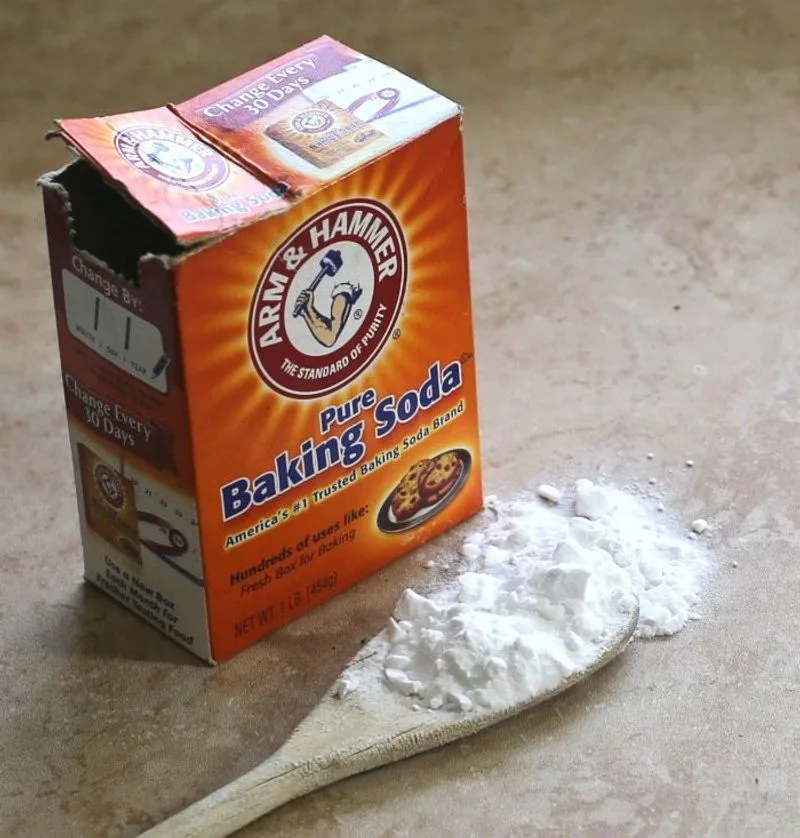
Baking soda is sometimes used for pest control, but can harm plant tissue. It’s not a soil amendment. Its use should be limited to specific situations, like controlling powdery mildew. Caution is advised, as misuse might damage plants. Its role in pest management must be carefully considered.
Grass Clippings
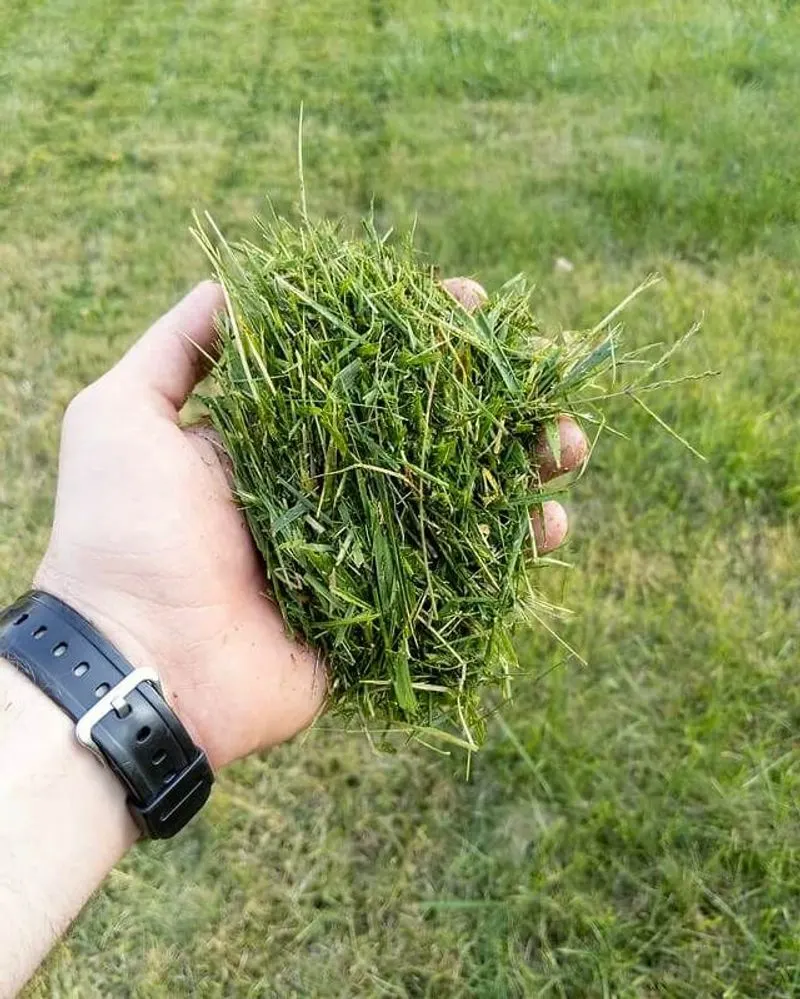
Grass clippings can suffocate plants if layered too thickly, preventing water and air penetration. Used wisely, they enrich soil with nutrients. Thin layers decompose well, nourishing plants. Overuse or improper application can create barriers. Awareness of thickness and integration is critical for success.
Charcoal
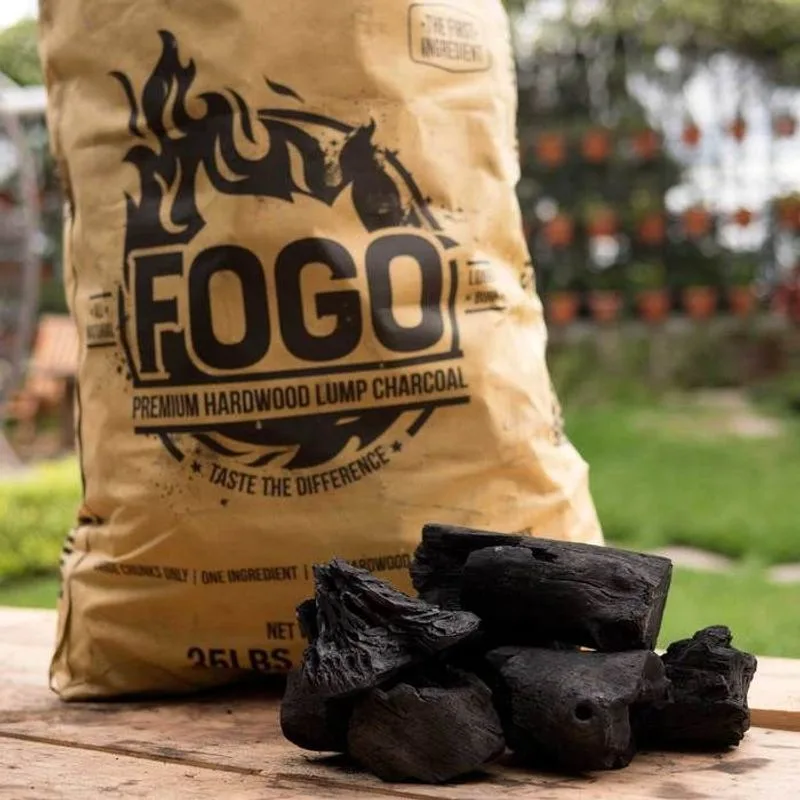
Charcoal is believed to improve soil, but if not activated, can absorb nutrients, depriving plants. Its structure can aid drainage, yet requires activation to be beneficial. Incorporating biochar, a processed form, ensures positive effects. Using raw charcoal necessitates caution to avoid unintended consequences.
Dish Soap
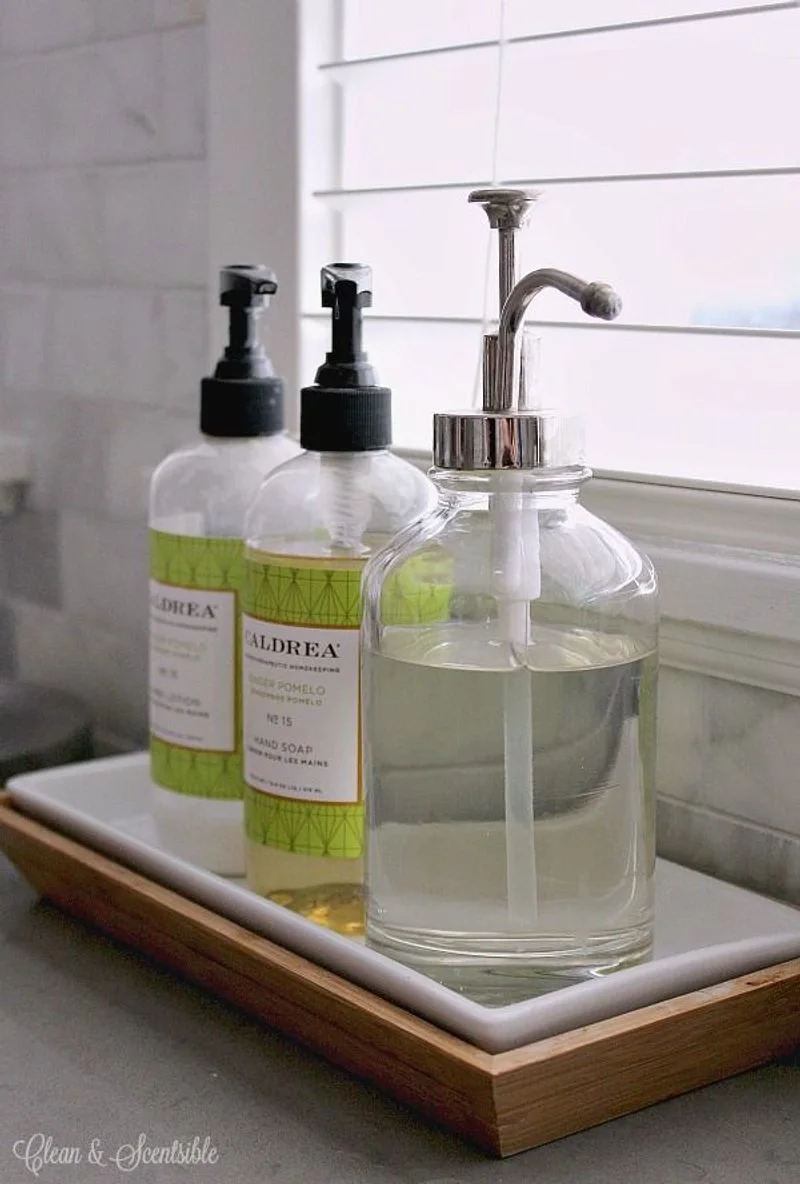
Have you ever considered using dish soap to combat pests? While it might seem like a harmless, effective solution, dish soap can strip away essential oils and beneficial organisms from your soil. This can lead to an imbalance, making your soil less fertile over time.
Moreover, its degreasing properties can disrupt the natural moisture balance, causing plants to struggle in absorbing nutrients. Instead of nourishing your garden, dish soap could be setting it back.
A better approach is to explore insecticidal soaps specifically designed for plant use, ensuring your garden thrives without harmful side effects.
Paper Towels
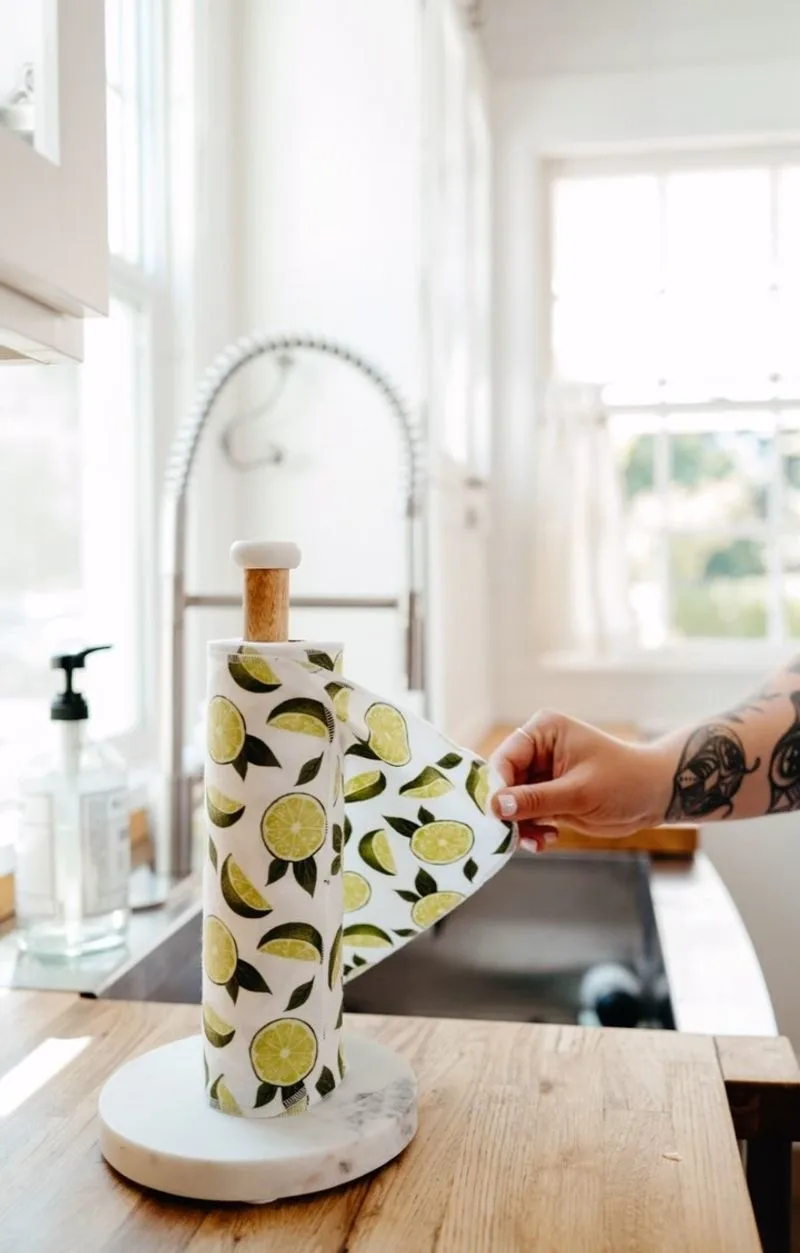
Did you know using paper towels in composting might be counterproductive? Though biodegradable, paper towels often contain chemicals and bleach that can leach into the soil. This can hinder plant growth and deter beneficial microorganisms.
Additionally, paper fibers break down unevenly, potentially causing drainage and aeration issues in your garden bed. Rather than contributing to healthy soil, they might be creating more problems than they solve.
Consider opting for chemical-free alternatives or composting brown paper bags instead. This simple change helps maintain soil health without unintended consequences.
Colored Mulch
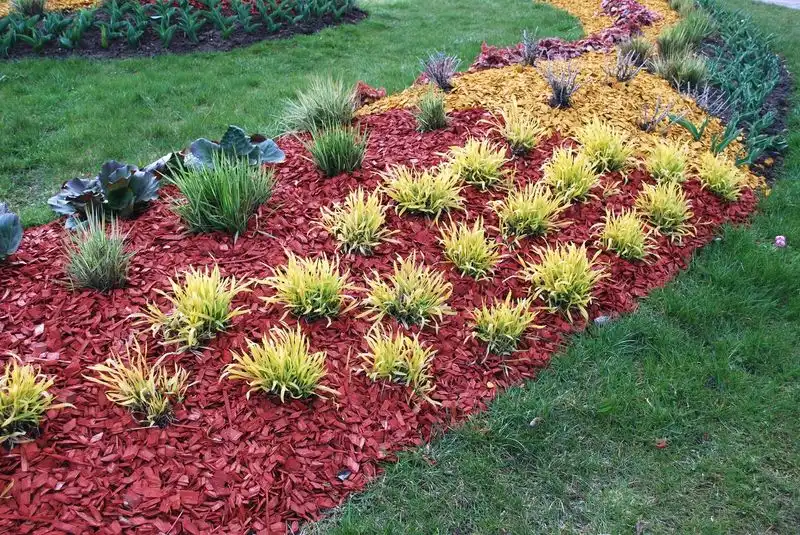
Colored mulch may add visual flair to your garden, but it might not be as innocent as it looks. These mulches are often made from recycled wood, treated with dyes and chemicals that can leach into the soil.
Such additives can impact the soil’s pH level, potentially harming sensitive plants. Additionally, colored mulch may not provide the same moisture retention benefits as natural mulches.
Opting for natural, untreated mulch preserves your garden’s health and integrity. A garden should thrive from the ground up, and choosing the right mulch is a step in the right direction.

